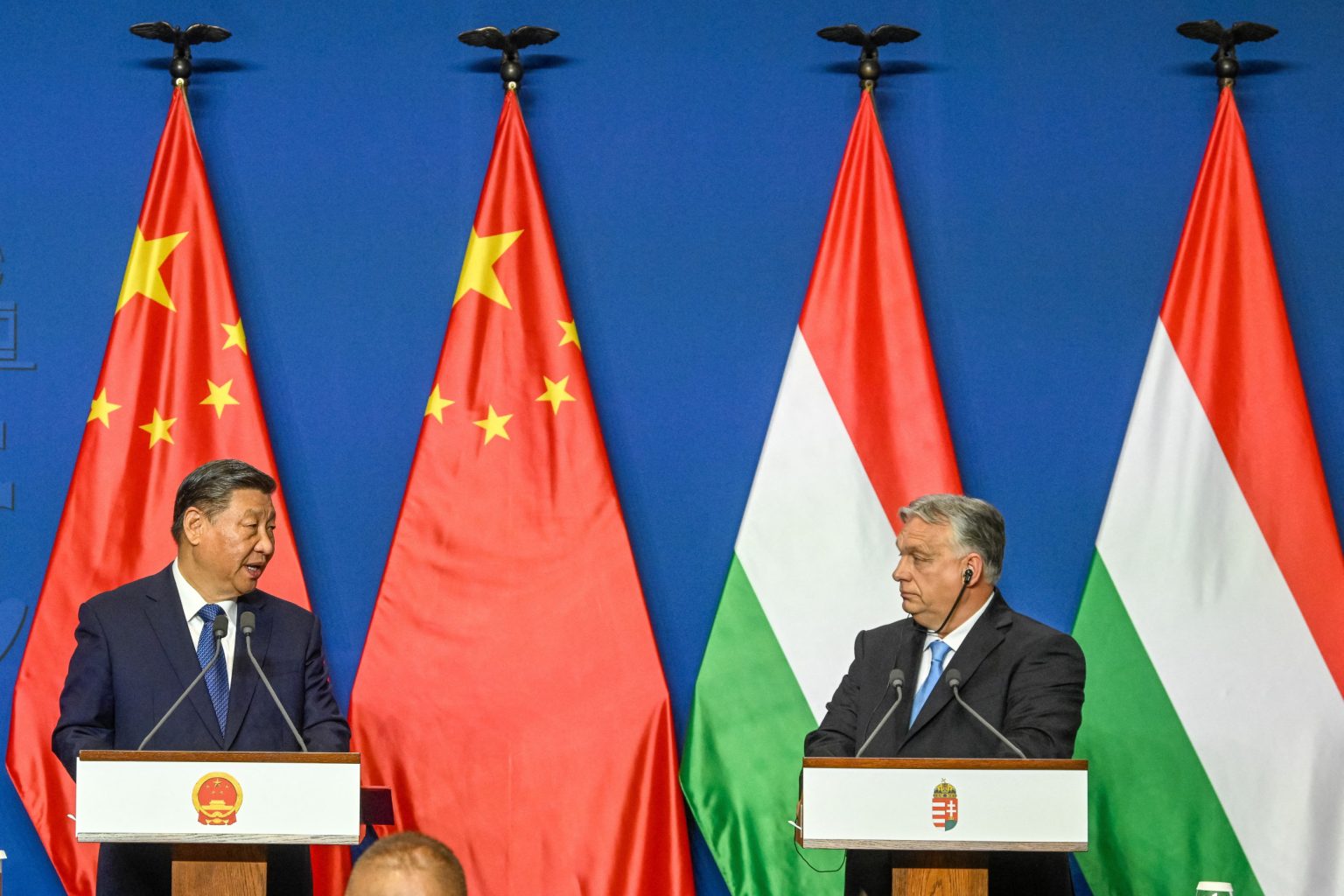Hungarian Prime Minister Viktor Orbán expressed his support for China’s peace proposal aimed at ending Russia’s war against Ukraine during a meeting with Chinese President Xi Jinping in Budapest. The 12-point peace plan, released by China’s Foreign Ministry on the one-year anniversary of Putin’s invasion of Ukraine, calls for a political settlement of the conflict by emphasizing the respect for sovereignty, protection of nuclear sites, and the safeguarding of prisoners of war. Orbán, who has shown sympathy towards Russian President Vladimir Putin, asserted that Hungary is the only exception to Europe being on the side of war, advocating for an immediate ceasefire and peace negotiations, and endorsing the Chinese peace initiative presented by Xi Jinping.
Xi Jinping, a close ally of Putin, has publicly vowed to deepen ties with Russia, amid accusations that goods from China have supported Moscow’s defense industrial base. However, during a joint press conference with French President Emmanuel Macron in Paris, Xi rejected claims that China is aiding Russia in the conflict, stating that China is actively contributing to peace efforts and opposes attempts to use the crisis to provoke a new Cold War. Orbán also lauded China as a promoter of peace and a key player in the new world order, aligning himself with Xi’s stance on the conflict in Ukraine.
While some view China’s peace plan as vague, Russia has signaled openness to considering it, with Russian Foreign Minister Sergei Lavrov describing the proposal as reasonable and based on an analysis of the root causes of the conflict. Ukrainian President Volodymyr Zelensky engaged in a positive phone conversation with Xi two months after the peace plan was released, expressing optimism for the development of bilateral relations. Despite differing perspectives on the conflict in Ukraine, Orbán and Xi’s meeting underscores their shared support for peace initiatives and opposition to further escalation of hostilities in the region.
Orbán, who is known for his controversial alliances and positions within NATO, continues to stand by his support for the Chinese peace proposal, indicating a departure from the predominant stance in Europe regarding the conflict in Ukraine. While the relationship between Hungary, China, and Russia remains complex and intertwined, Orbán’s endorsement of the peace plan aligns with his efforts to position Hungary as a mediator in international conflicts and promote dialogue over military intervention. As tensions persist between Russia and Ukraine, Orbán’s backing of the Chinese initiative reflects a shift in geopolitical dynamics and a growing recognition of non-Western actors in peace negotiations.


